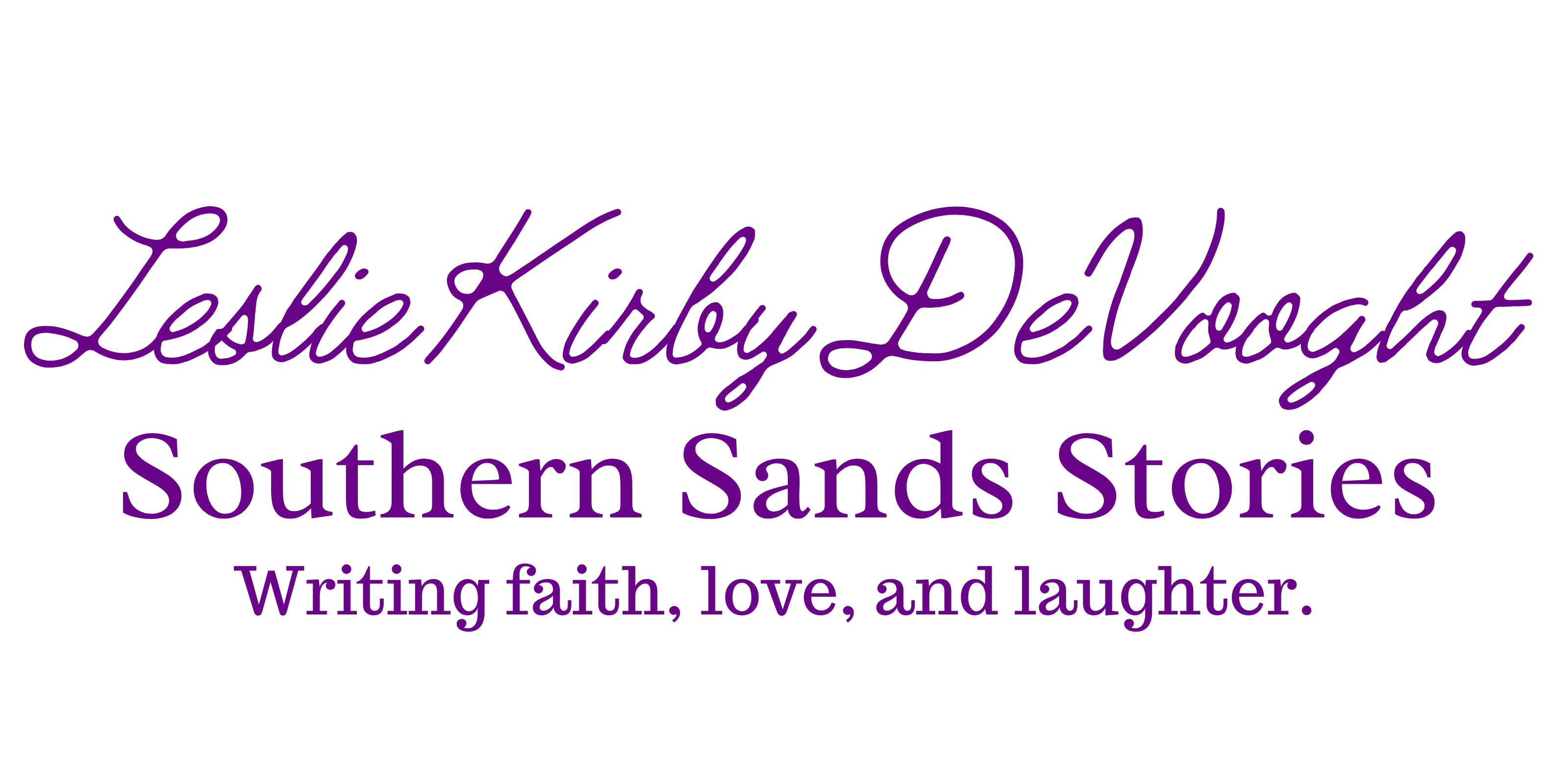Research Makes a Good Story Great
 In the South, when we invite you to a barbecue, the only meat being served will be slow smoked pork, so if you’re expecting hot dogs or hamburgers, you’d better head to a cook-out. What does this have to do with writing fiction? Everything because nothing is more distracting in a story than when an author gets the facts wrong.
In the South, when we invite you to a barbecue, the only meat being served will be slow smoked pork, so if you’re expecting hot dogs or hamburgers, you’d better head to a cook-out. What does this have to do with writing fiction? Everything because nothing is more distracting in a story than when an author gets the facts wrong.
When I started writing fiction, I never dreamed I would spend so much time researching, but accuracy is important. I just finished reading a book that is supposed to be set in coastal Georgia less than two hours from where I was born and raised. I’m already a little irritated that the characters have yet to utter a “y’all”, but then they say they are looking forward to the barbeque, and I’m expecting pulled pork sandwiches or ribs. But no, they are eating hot dogs and hamburgers. It is so wrong. It would be fine if they were somewhere else in the country, but barbecue is an important part of Southern culture. You just can’t get something like that wrong. And now that I think about it, those characters haven’t once eaten grits or pecan pie.
Lately, I have spent hours learning about helicopter pilots. So much so, my daughter asked me if I was going to become a helicopter pilot. Did you know a helicopter can cost over $300,000.00? I didn’t, but it changed the plot of my next book. This girl wasn’t going to be able to afford to buy her own helicopter, so I needed to figure out how I was going to make the story work. When I wrote my flash fiction piece, Waterford Crystal Daydream, I wrote lists of Irish slang and watched videos of glass blowing, taking copious notes. I probably spent more time researching than I did writing the seven-hundred-word story, but I loved it. (And now for a shameless plug, if you want to read Waterford Crystal Daydream, go to www.splickety.com and register for a free subscription. Spark will arrive in your inbox next month with my story. Yes, I said free.)
Of course, all this research is good news for me because I love it. I did spend several years as a research attorney. Although sometimes, I probably go a little overboard, going down rabbit holes or getting bogged down with an insignificant detail. Like the day I spent two hours trying to figure out what kind of flowers are at the beginning of My Fair Lady. I had my answer in five minutes after I put the video on Facebook.
Research for fiction writing isn’t just about an online search. It is about experiencing all aspects of your characters’ world, and it can be a lot of fun. For example, when my heroine wanted to learn to stand-up paddleboard, I bought a paddle board and learned how. That being said, I have been on a helicopter, and it resulted in terrible motion sickness, so I won’t be experiencing that again, but won’t it be funny when my big, strong firefighter finds himself trying to keep down his breakfast while impressing the female pilot. Oh, I can’t wait to write that scene.
Research is also great for brainstorming, not to mention, it’s a legitimate way to procrastinate. It can supply material for new scenes or even new stories. You might find an interesting blog post to share on social media. As writers, we spend a lot of time in front of a computer, but research takes us out into the world, engaging with God’s creation in all its forms, so we can share it with our readers.
What factual errors irate you the most when you’re reading fiction? What are some fun things you have gotten to do in the name of research?
